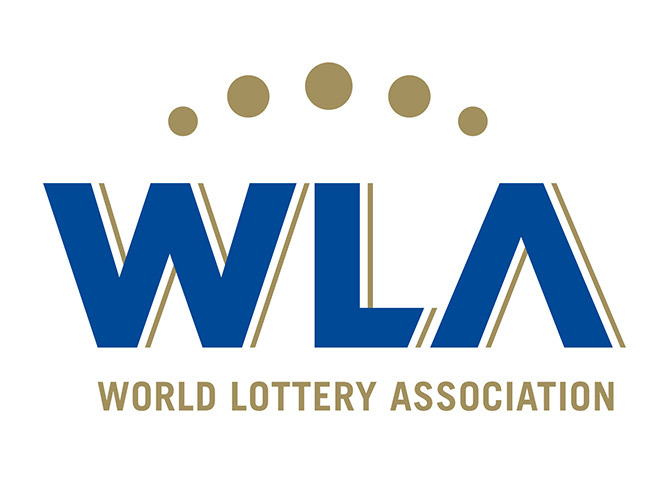Source: As reported by CIBELAE
Organized by CIBELAE and WLA, together with the collaboration of Loterias CAIXA as host lottery, the busy first day provided insightful presentations, panels and exchanges from global lottery experts on the actions and activities undertaken to ensure responsible gaming principles are embedded in daily operations.
During the CEO discussion panel on Responsible Gaming Certification: evolution, advantages and future, the speakers gave their points of view on the importance of lotteries building their strategies and business plans with the principles of Corporate Social Responsibility and, therefore, Responsible Gaming.
Participants included Rebecca Paul, President of the Tennessee Education Lottery Corporation, Director of the North American Association of State and Provincial Lotteries (NASPL), representing the WLA; Stepháne Pallez, CEO of La Française des Jeux (FDJ), representing European Lotteries; Younes El Mechrafi, CEO of Marocaine des Jeux et des Sports (MDJS), representing the Association of African Lotteries (ALA), and Edilson Carrogi Ribeiro Vianna, Vice President of Caixa, representing (CIBELAE). The panel was moderated by Lynne Roiter, Secretary General of the WLA.
Global perspectives
The level 4 certification in Responsible Gaming is the highest granted by the European Lotteries to lotteries that comply with quality standards and good practices in this area. Younes El Mechrafi explained how MDJS achieved this recognition in 2012, after a process of internal and external transformation. According to El Mechrafi, the key was to understand that Responsible Gaming is not a threat to business, but an opportunity to improve the reputation and trust of customers and society. To do this, they had the support and advice of the European Lotteries, which helped them implement the necessary measures to guarantee a safe, ethical and sustainable game.
For her part, Stepháne Pallez explained that at FDJ, they have included corporate social responsibility and responsible gambling in their statutes. Your providers must follow these policies. In this way, the French lottery not only improves its competitiveness and added value, but also builds the loyalty of its interest groups and reduces the risks associated with gambling. Pallez also indicated that for European Lotteries it is so essential to comply with the Responsible Gaming policies that it only admits certified members.
Edilson Carrogi Ribeiro Vianna presented Loterias Caixa's strategy to promote responsible gambling among its customers and society in general. According to Vianna, responsible gambling is a commitment of all the players involved in the sector: the lottery, the points of sale, the suppliers, the strategic partners and the public opinion. To this end, Loterias Caixa has developed internal and external actions aimed at different audiences, in order to inform about the risks and benefits of gambling.
Among the actions highlighted by the vice president of the largest lottery in Brazil is the Responsible Gaming Week, an initiative that seeks to raise awareness among bettors about good gambling practices and offer them tools to prevent and treat possible problems. The last edition included educational, cultural and social activities throughout the country, as well as a communication campaign in digital and traditional media.
WLA on trust and transparency
Finally, the president of the WLA, Rebecca Paul, presented key points for lotteries to develop and implement responsible gaming programs that serve as a guarantee of trust and transparency for the commercialization of products. Among these points are: providing information about the risks and benefits of gambling, setting time and money limits for players; offering self-exclusion options and free assistance; working in conjunction with specialized organizations and regulatory authorities, and certifying their practices according to standards international.









